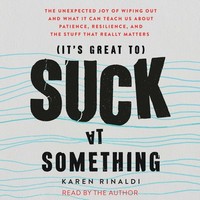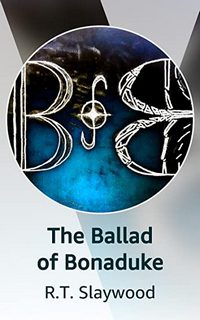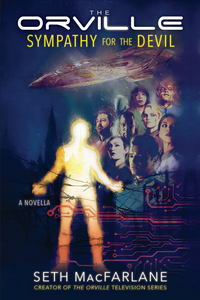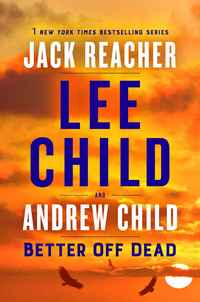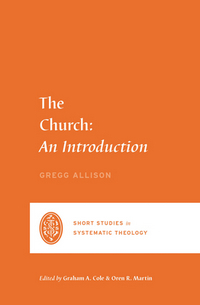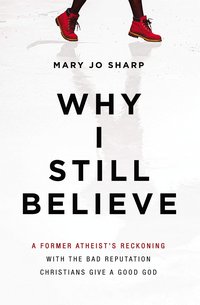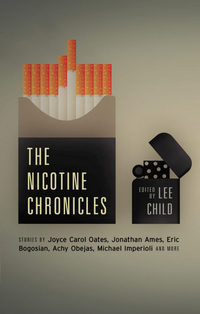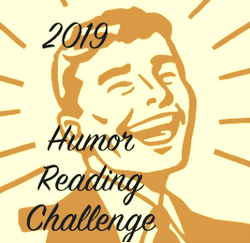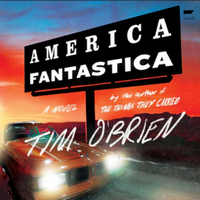 America Fantastica
America Fantastica
by Tim O’Brien, Oliver Wyman (Narrator)
DETAILS: Publisher: HarperAudio Publication Date: October 24, 2023 Format: Unabridged Audiobook Length: 13 hrs., 39 min. Read Date: January 9-16, 2024

How Does the Publisher Describe America Fantasica?
At 11:34 a.m. one Saturday in August 2019, Boyd Halverson strode into Community National Bank in Northern California.
“How much is on hand, would you say?” he asked the teller. “I’ll want it all.”
“You’re robbing me?”
He revealed a Temptation .38 Special.
The teller, a diminutive redhead named Angie Bing, collected eighty-one thousand dollars.
Boyd stuffed the cash into a paper grocery bag.
“I’m sorry about this,” he said, “but I’ll have to ask you to take a ride with me.”
So begins the adventure of Boyd Halverson—star journalist turned notorious online disinformation troll turned JCPenney manager—and his irrepressible hostage, Angie Bing. Haunted by his past and weary of his present, Boyd has one goal before the authorities catch up with him: settle a score with the man who destroyed his life. By Monday the pair reach Mexico; by winter, they are in a lakefront mansion in Minnesota. On their trail are hitmen, jealous lovers, ex-cons, an heiress, a billionaire shipping tycoon, a three-tour veteran of Iraq, and the ghosts of Boyd’s past. Everyone, it seems, except the police.
In the tradition of Jonathan Swift and Mark Twain, America Fantastica delivers a biting, witty, and entertaining story about the causes and costs of outlandish fantasy, while also marking the triumphant return of an essential voice in American letters. And at the heart of the novel, amid a teeming cast of characters, readers will delight in the tug-of-war between two memorable and iconic human beings—the exuberant savior-of-souls Angie Bing and the penitent but compulsive liar Boyd Halverson. Just as Tim O’Brien’s modern classic, The Things They Carried, so brilliantly reflected the unromantic truth of war, America Fantastica puts a mirror to a nation and a time that has become dangerously unmoored from truth and greedy for delusion.
How Was the Narration?
It was fine—any problems I had with the book weren’t on Wyman’s side. He didn’t work too hard on making each character stand out from the others with a distinct voice so that in each scene you knew immediately who was talking, but this isn’t the kind of book that lends itself to that. Also, the book didn’t become hard to follow because of that—nor did individual scenes. That’s all I really care about (as much as I might enjoy very distinct characters when the narrator does that).
The one heavily accented character’s accent didn’t sound quite right to my ears, but I’m not precisely sure what their accent should’ve sounded like. And…well, in context, I’m not sure their accent should’ve sounded right.
Basically, Wyman did well enough, and I’d easily listen to something else he narrated.
So, what did I think about America Fantastica?
I’m going to sound a little self-contradictory here. I think I missed most of the point of this book/narrative, and O’Brien was as subtle as a pallet of bricks.
There are intercalary chapters/sections (I’d have to see the print version to know for sure) describing the spread of “mythomania” across the nation like an infection (to be followed by COVID). And this is very clearly what the book is supposed to be about—contemporary America’s hunger for lies, half-truths, alternative facts, myths, whatever you want to call it. I’m not disinclined to argue with this as a whole—I just found these portions wanting. I’m not sure what it was I didn’t respond to here–lack of nuance and a feeling that O’Brien was trying to be too clever, come close, but really I just can’t put my finger on it.
Then there’s the narrative—narratives. I didn’t connect with any of them for very long (if ever). I kept going because many of them seemed to be on the verge of paying off, or at least giving me something to sink my teeth into. If I didn’t know this was a satirical novel from the description, I wouldn’t have picked up on it. I’m not really sure I get everything that was being satired (and really don’t care). The best way I can describe the storylines was that someone took a bunch of discarded ideas from disparate Elmore Leonard novels and mashed them together, whether they fit or not, and without Leonard’s skill/craft—then threw COVID into it at the end.
O’Brien had some very clever ideas, some nice writing, and a good line here and there. But the ideas didn’t pay off, the writing went nowhere, and the good lines weren’t worth the effort to get to them.
Maybe this was the right book at the wrong time for me and if I’d read/listened to it a few months ago—or a few months from now—I’d be recommending it, maybe even raving about it. But I listened to it now, so that’s what we’re stuck with. So the me of “now” says that it was an endurance race for me. A determined effort for me to understand why I should like this. A reminder that the sunk cost fallacy is something that I’m very susceptible to.
I’m more than prepared for people to come along and tell me why I should’ve appreciated this. But I can’t recommend this to anyone, and I would recommend you look elsewhere for a good commentary on the U.S.

This post contains an affiliate link. If you purchase from it, I will get a small commission at no additional cost to you. As always, the opinions expressed are my own.
![]()



